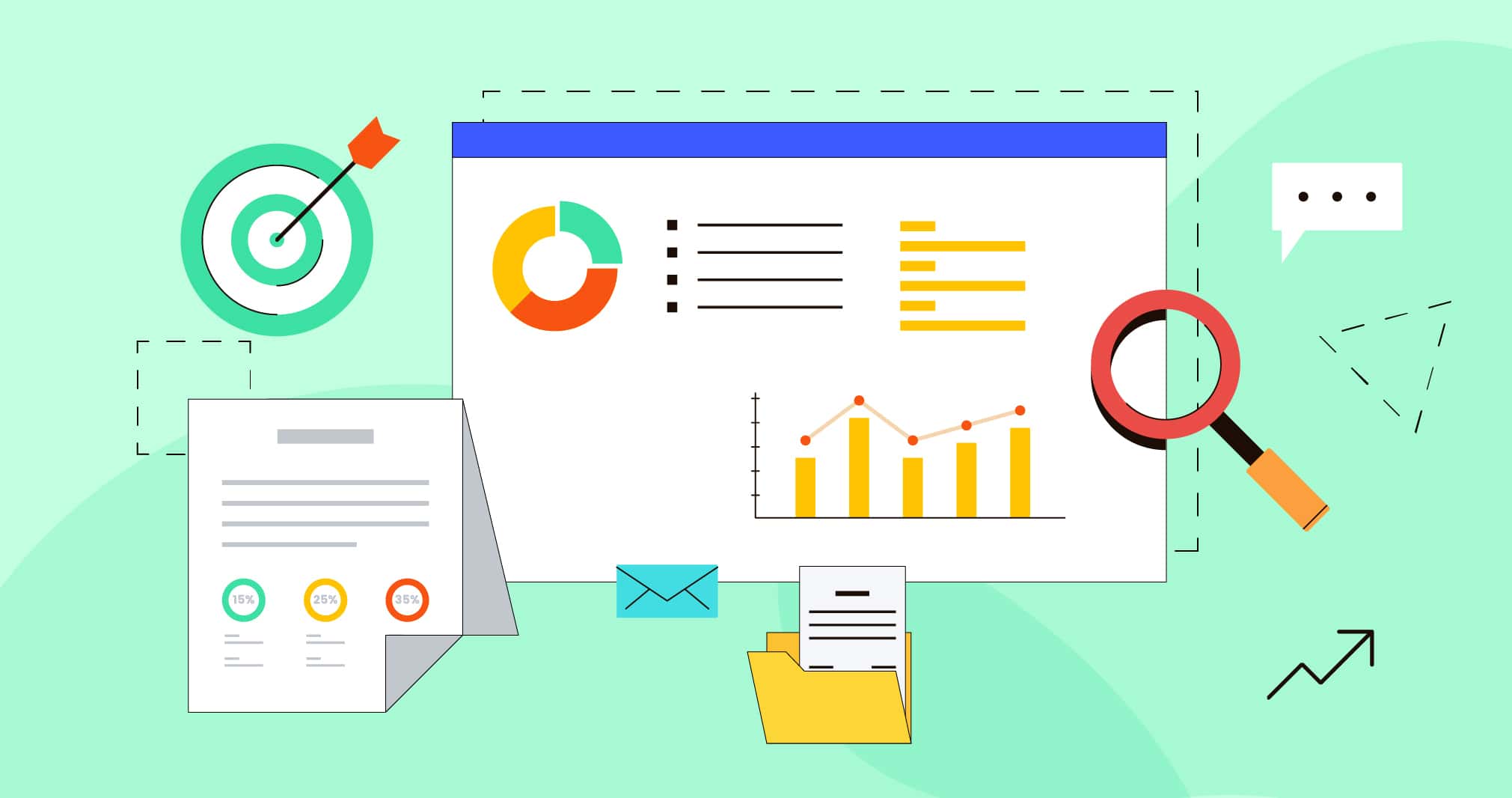In today’s digital world, Search Engine Optimization (SEO) plays a crucial role in determining the success of any website. Whether you’re running a small blog or managing a large e-commerce site, optimizing your content for search engines can significantly impact your online visibility. This SEO starter guide is designed to help beginners understand the fundamentals of SEO and equip them with strategies to boost their website’s search engine rankings.

What is Search Engine Optimization (SEO)?
Search Engine Optimization (SEO) is the process of enhancing a website’s visibility on search engine results pages (SERPs). SEO involves optimizing your website’s content, structure, and other factors to rank higher on search engines like Google, Bing, or Yahoo. The goal is to attract more organic (non-paid) traffic by aligning your content with the search intent of your target audience.
SEO can be broadly classified into three categories:
- On-page SEO focuses on optimizing individual web pages by improving elements like title tags, meta descriptions, headings, and keyword usage.
- Off-Page SEO: Involves building backlinks and improving the site’s credibility through external sources.
- Technical SEO ensures that the website is structured to make it easy for search engines to crawl and index content.
By mastering these aspects, you can enhance your site’s ranking and drive more organic traffic.
Start with Keyword Research for Effective Search Engine Optimization
The foundation of Search Engine Optimization (SEO) lies in identifying the right keywords. Keyword research helps you understand what phrases and terms people are searching for related to your niche. Tools like Google Keyword Planner, Ahrefs, and SEMrush can assist you in finding high-traffic, low-competition keywords to target.
Once you have a list of keywords, integrate them naturally into your website’s content. Avoid keyword stuffing, which can lead to penalties from search engines. Instead, focus on delivering valuable content that answers users’ questions.
Essential Tip: Use long-tail keywords (e.g., “best SEO tips for beginners”) for more targeted traffic and better ranking opportunities.
Optimize On-Page Elements for Better SEO Results
On-page SEO is one of the most critical aspects of Search Engine Optimization (SEO). This includes optimizing your website’s HTML elements and content to make it more search-engine friendly. Here’s what to focus on:
- Title Tags: Ensure your title tags contain your primary keyword and accurately describe the content of your page.
- Meta Descriptions: Write concise meta descriptions (under 160 characters) that include your focus keyphrase and entice users to click.
- Headings (H1, H2, H3): Use headings to structure your content logically. Include keywords in your H2 and H3 subheadings to improve readability and SEO.
- Internal Links: Link to other relevant pages on your website to keep visitors engaged and help search engines crawl your site effectively.
Essential Tip: Ensure your content is easy to read by using short paragraphs, bullet points, and images to break up the text.
Improve User Experience to Boost SEO Rankings
User experience (UX) has become an essential factor in Search Engine Optimization (SEO). Search engines prioritize websites that offer a smooth and intuitive user experience. Several elements contribute to a positive UX, which in turn boosts your SEO efforts:
- Mobile Friendliness: Ensure your website is mobile-responsive, as more than half of web traffic comes from mobile devices.
- Page Speed: Slow-loading pages can negatively affect both user experience and SEO rankings. Use tools like Google PageSpeed Insights to analyze your site’s speed and implement changes like image compression or browser caching.
- Navigation: Simplify your website’s navigation to make it easy for users to find what they’re looking for.
Essential Tip: Focus on reducing bounce rates by creating engaging, easy-to-navigate content that keeps users on your site longer.
Build High-Quality Backlinks for Strong Off-Page SEO
Backlinks, or inbound links from other websites, are one of the most influential ranking factors in Search Engine Optimization (SEO). The more reputable and authoritative sites that link to your content, the more trustworthy your site appears to search engines.
Here are a few practical strategies for building high-quality backlinks:
- Guest Blogging: Contribute articles to reputable websites in your industry and include a link back to your site.
- Content Outreach: Reach out to bloggers and website owners to promote your content and encourage them to link to it.
- Broken Link Building: Find broken links on other websites and offer your content as a replacement.
Essential Tip: Focus on acquiring backlinks from websites that are relevant to your niche, as these carry more weight with search engines.
Monitor and Analyze SEO Performance
One of the most critical aspects of Search Engine Optimization (SEO) is tracking your performance and making necessary adjustments. SEO is an ongoing process, and regular monitoring is essential to ensuring your efforts yield results.
Tools like Google Analytics, Google Search Console, and Ahrefs can help you analyze important SEO metrics like:
- Organic Traffic: Track how many visitors are coming to your site from search engines.
- Keyword Rankings: Monitor your site’s ranking for target keywords.
- Backlinks: Keep track of the number and quality of backlinks pointing to your site.
By regularly analyzing your data, you can identify areas for improvement and fine-tune your SEO strategy to achieve better results.
Essential Tip: Set realistic SEO goals and measure progress over time. SEO improvements can take months, so be patient and persistent.
Final Thoughts: Mastering Search Engine Optimization (SEO)
Search Engine Optimization (SEO) is an essential tool for improving your website’s visibility and attracting more visitors. By focusing on keyword research, optimizing on-page elements, improving user experience, building backlinks, and monitoring your progress, you can achieve long-term SEO success.
As a beginner, it’s essential to be consistent with your efforts and stay updated with the latest SEO trends and algorithm changes. Over time, your site will gain more authority, resulting in higher rankings and increased organic traffic.

Hello friends, my name is Shivam Kumar, and I am a writer, skilled in creating engaging, SEO-optimized content on online income and content creation since last two years. And I will be sharing this information form my blog.
4 thoughts on “Search Engine Optimization”